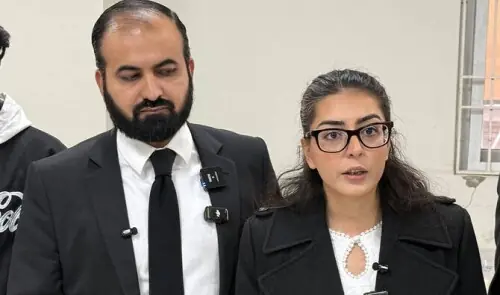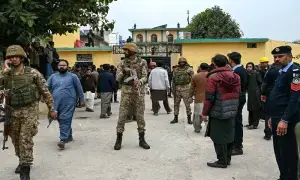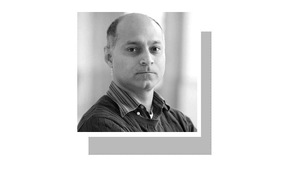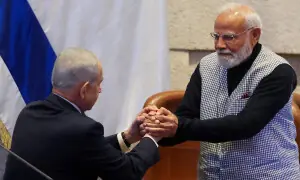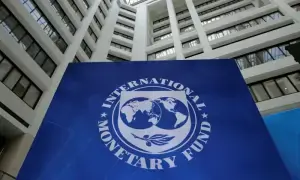KARACHI: The country celebrated Independence Day in a variety of ways. There were long marches for some, cruising in the streets for those out to enjoy the weather, and at many places events such as concerts were held for a select few out to enjoy the evening. Karachi was no exception.
A music concert was held at the National Academy of Performing Arts (Napa) on Thursday. It was titled ‘Jashn Ka Din’ to commemorate the day by bringing together multiple musical voices and acts that managed to revive many a patriotic spirit.
Napa, in partnership with The Butler School of Music, University of Texas, has encouraged cultural exchanges between its music graduates and the concert saw the participation of Lee Redfield, a visiting scholar and saxophone player, who collaborated with Napa’s music students and faculty. The evening was a rare treat that focused a lot on fusion music and pushed the boundaries of conventions of music, with multiple instruments working together in harmony.
As the main purpose behind the event was an expression of love for the country and a means to share in the responsibility of bringing about change, the evening began with a rendition of Faiz Ahmed Faiz’s ‘Jashan ka Din’. The union between the vocals by Napa students, and western and eastern musical instruments, set the mood for the audience who had gathered to appreciate the capacity of music to allow an easier transition of crossing borders. Redfield kept up well with the changing compositions of local music — his rendition of ‘Sohni Dharti’ sat well with the distinct vocals and gave a completely new flavour to the song. However, he truly shined in the cover of alto saxophonist Arthut Blythe’s ‘Odessa’, named after a city in Texas.
Redfield was accompanied on the sitar by Ustad Nafees Ahmed Khan, head of the music department at Napa and highly knowledgeable in both Eastern and Western music. Having performed in various orchestras and musical ensembles around the world, Ustad Nafees contributed to the piece, yet never stepped in to wrestle away the attention from Redfield. This was a true reflection of his versatility as a sitar player. Both musicians also collaborated on a Raag Kalavati
Arsalan Pervez, another Napa graduate to have spent a semester at Butler School, introduced his own composition to the audience titled ‘Karachi to Austin’. The piece, as the title suggests, charts his musical journey and allowed him, as an artist, to experiment which a distinct style of synthesising his eastern roots and his western musical education. Much appreciated by the audience, the piece allows Napa’s musical trajectory to be highlighted and the hard work put in by the students as well as by the faculty.
The evening proceeded with more masterful performances, and the one between Ustad Bashir Khan and his shagird Waqas Gul is a validation that music in Pakistan, regardless of its roots, is revered with the dignity and respect it deserves, and untiring efforts on the part of amateurs and professional, are reviving varied musical forms. The duo between the ustad and his shagird was so effortless and short in duration that by the end the listener felt cheated out of a true masterpiece between the two.
Ustad Bashir Khan is known as a maestro by many and it was only apt that one of the most acclaimed tabla players of his times would indulge in some jugalbandi with Ustad Nafees. Announced as a slight change in the lineup, the musical exchange between the two was the stuff of very high-class performances at international levels.
Tying up with the theme of independence, it was elaborated how such an exchange between musical instruments is one of the most democratic process ever to be witnessed. Each instrument, and consequently each voice is given the platform to share a vision, that may be a far cry from the other, but comes together as a musical delight. And that is what the audience witnessed, not just in the jugalbandi, but also on the whole.
The evening introduced varied voices and visions, varied musicians and instruments, but they all came together at the end. It is hoped that Pakistan also sees a similar end.
Published in Dawn, August 15th, 2014




